Watch Judge Torruella’s Controversial Speech on PROMESA (Video)
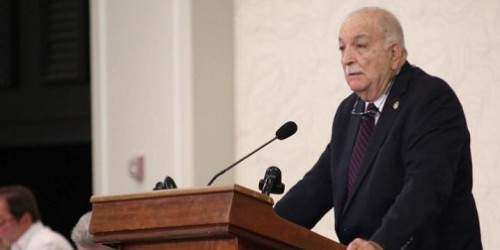
Legal information provider Microjuris.com has published First Circuit Court Judge Juan R. Torruella’s controversial keynote speech on the PROMESA bill before the Puerto Rico Bar Association’s annual assembly.
You can watch the speech, offered on September 10th 2016, below with subtitles and be sure to scroll down for some highlights.
Also, be sure to chek out Microjuris.com’s website.
[…] my expressions today constitute exclusively my private opinion, and I reserve the right to change it at any time I am convinced otherwise. […] today I will speak only in broad terms […] So I apologize beforehand for any gaps that may exist in my exposition.
[…] one is of a constitutional juridical nature; and the other one is of an economic nature. […] the colonial condition of Puerto Rico with the United States. […] a colony is a territory subordinate in various ways, political, cultural, and economically, to a more developed one in which supreme legislative power and much of the administration rests with the controlling country, which is usually a different ethnic group than that of the colony. If that definition does not describe the relationship between Puerto Rico and the United States to a ‘T,’ please tell me where I am mistaken.
[…] the plenary, omnipotent and colonial power that the United States Congress has and exercises over Puerto Rico […] the act by Congress of approving the so called PROMESA Act […] Promise of what, to whom? […] a seven-person ‘Junta’ politically chosen by Congress and President Obama with omnipotent powers over the government democratically elected by the People of Puerto Rico […] If PROMESA does not confirm the existence of our colonial relationship with the United States, tell me where my mistake lies. In truth, this Act makes holding elections in November superfluous. Even more than superfluous, it makes them irrelevant. […] the main purpose of PROMESA is to establish a collection agency to collect the monies that are owed to the bondholders. […] the imposition of that ‘Junta’ over Puerto Ricans with the powers that are granted to it by PROMESA represents the most denigrating, disrespectful anti-democratic and colonial act that has ever been seen–
[…] what PROMESA does with its ‘Junta’: To stage a coup d’état on democracy in Puerto Rico. […] what PROMESA does is– it perpetuates it and it turns out to be only a new way of more directly and grossly administering the colony.
Regardless of what our individual ideological leanings may be, how is it possible that we can docilely and submissively accept to be treated this way? Apparently, we have fewer rights than we did at the end of the Spanish colonial era, […] The colonial structure which has existed in Puerto Rico since 1898, for 118 years, and the cause for the economic disaster we currently suffer is the result not only of the period in which American imperialism reached its apex following the so-called Manifest Destiny doctrine, but it also coincides with the prevailing racism in the United States, […] I would like to quote historian Rubin Francis Weston […] ‘The racism which caused the relegation of the Negro to a status of inferiority was to be applied to the overseas possessions of the United States.’ The so-called Insular Cases decided in 1901 by the United States Supreme Court validated the imperialist and racist philosophy of the time […] term of unincorporated territories, title which de facto and de jure established a colonial condition with a disguised name.
As I stated earlier, this judicial juggling act was not only an invention […] but it also went against the constitutional law then in effect.
[…] In other words, the alleged basis for the constitutional power over Puerto Rico, the so-called Territorial Clause, is a false basis […] which I have referred to as and consider to be a regime of political apartheid […] the United States is in clear violation of several international treaties […] once a treaty has been ratified by the Senate, it becomes municipal law; […] I am referring specifically to the International Covenant on Civil and Political Rights, which was ratified by the United States in 1992, jointly with 172 other nations
[…] we find that simultaneously with the decision in the Insular Cases, the economic exploitation of the new colonies begins […] While under Spanish colonialism 90% of agriculture in Puerto Rico involved small farms which averaged 4.86 acres, worked on by their own owners […] This changed abruptly, and by 1900 Puerto Rico had become a large sugar plantation, and its most fertile lands had passed into the hands of mega businesses in Massachusetts, New Jersey and New York […] between 1923 to 1930 the four largest businesses paid dividends which were the equivalent of over $1 billion in today’s dollars.
Of course, these fortunes left Puerto Rico never to come back, […] this is one of the primary evils which have led us to where we are today.
[…] By 1910, almost the entirety of Puerto Rico’s trade was with United States,
[…] It is estimated that from 1920 until the present the Jones Act has cost Puerto Rico $75.8 billion; more than the public debt which demanded from Puerto Rico at present.
[…] Meanwhile, we are the United States’ fourth largest market in the world. […] we are per capita the largest market for the United States. And let’s talk briefly about the 936 corporations which from Operation Bootstrap became Operation Booby-trap–
[…] Puerto Rico became the largest profit center in the world for these 936 corporations,
[…] As a result of the abuse of a program which had been designed to create jobs in Puerto Rico, Congress put a stop to it and killed the goose that laid the golden eggs, thus ending the little industrial progress which Puerto Rico was able to accumulate without in any way substituting the opportunity recover that progress
[…] The discrimination with regard to these programs is particularly unfortunate when you take into considering that it directly affects the citizens needing the most aid, which are the children, the elderly and the disabled.
What logical or moral reason could justify this patently discriminatory treatment? […] In response to the half truth that we don’t pay federal taxes […] I answer the following: Until recently, the federal government held up to 14% of our best and most attractive lands to establish military bases […] but even more importantly than the monetary contribution or the use of our lands is the service that Puerto Ricans have given to the United States Armed Forces in all armed conflicts since World War I.
The blood tax paid by Puerto Rico has received scarce recognition by the United States, which is particularly bothersome, considering that as second-class citizens we lack the political rights that would allow us to participate in the decisions which involve us in those wars.
[…] exhortation to all Puerto Ricans, because I am concerned with the discouragement that I perceive in the country […] I cannot remain silent in the face of the pessimism they show, and which I observe is afflicting and paralyzing the Island.
In his masterpiece Harvest of Empire, by Puerto Rican historian Juan González, he states that too many Puerto Ricans succumb to a negative mentality with regards to what we can do collectively and individually. González argues that this is a reflection of our colonial status, which provokes a collective sense of inferiority.
He asks whether that condition is not a strategy promoted by elements foreign to our Island,[…] cultivating the image that Puerto Ricans are a group of heartless incompetents who cannot fend for themselves and who must be supervised as if we were a bunch of children. […] Not only do I agree with González’s analysis but I will add that the best example of what I just said can be seen in what Congress intends to do by imposing PROMESA.
If those of us present are a reflection of the general population in terms of variety of ideologies, what there should be no doubt about is that regardless of these differences, what unites all Puerto Ricans is our love of Puerto Rico.
And what there should be no doubt about is the quarry of talent Puerto Rico has produced and has yet to contribute, despite our colonial condition and of the denigrating and derogatory manner in which the sources of power in the metropolis try to label us.
I don’t have time to provide a complete list but take note of the Puerto Ricans who have risen to a national and international prominences […] One which qualifies and cannot be ignored, a very emotional one that we Puerto Ricans felt in our very marrow was the demonstration in Rio de Janeiro of our incredible sports talent and perseverance, which united all of Puerto Rico. I still get a lump in my throat when I talk about it.
[…] I tell you that this is the time to do what we can and have done in the past at other times of crisis. We have to unite in the defense of our rights and act peacefully, because we are a peaceful people; but this does not mean that we should be docile and accept everything that they try to impose upon us.
We have the advantage that we are defending our home and that above all our cause is just, and that gives us great power and unlimited moral strength.
We do not have political power because we are a colony, and it is also established that we do not have money. But we do have the weapon […] against the powerful, and that is our civil rights and civil resistance.
[…] I allow myself to suggest once again that we have to organize a civil resistance movement
[…] As I have said on previous occasions, there is nothing like an attack on the pocketbook to bring attention to a problem and obtaining satisfactory results. That is why I have thought about economic boycott as a powerful civil resistance weapon.
[…] I believe that depending on what happens in the near future, supporters of these movements should mobilize and act peacefully if necessary. […] There is nothing like violence to take away legitimacy from event most just movements.
[…] Keep your eye on the ball and swing with all you’ve got.
With this I will conclude my current formal comments […] I want to say something [else] […] my audience is not just you here but it’s overseas as well.
[…] President Obama, I respectfully request that you free Oscar López Rivera.
[…] There can be no present justification for Oscar López’s imprisonment. I beseech you to please do what is just and right before you leave office.
[…] Thank you for your patience.
Popular ahora

Bienvenido a Noticel
Empieza a crear una cuenta
Verificación de cuenta
Te enviaremos un correo electrónico con un enlace para verificar tu cuenta. Si no lo ves, revisa tu carpeta de correo no deseado y confirma que tienes una cuenta vinculada a ese correo.
Has olvidado tu contraseña
Introduce el correo electrónico de tu cuenta y te enviaremos un enlace para restablecer la contraseña.
Has olvidado tu contraseña
Le hemos enviado un correo electrónico a {{ email }} con un enlace para restablecer su contraseña. Si no lo ve, revise su carpeta de correo no deseado y confírmeme que tiene una cuenta vinculada a ese correo electrónico.
Personaliza tu feed
Verifica que tu dirección de correo electrónico sea correcta. Una vez completado el cambio, utiliza este correo electrónico para iniciar sesión y administrar tu perfil.
Elige tus temas
- Deportes
- Economía
- El Tiempo
- Entretenimiento
- Más
- Noticias
- Opiniones
- Última Hora
- Vida y Bienestar
- Videos y Fotos

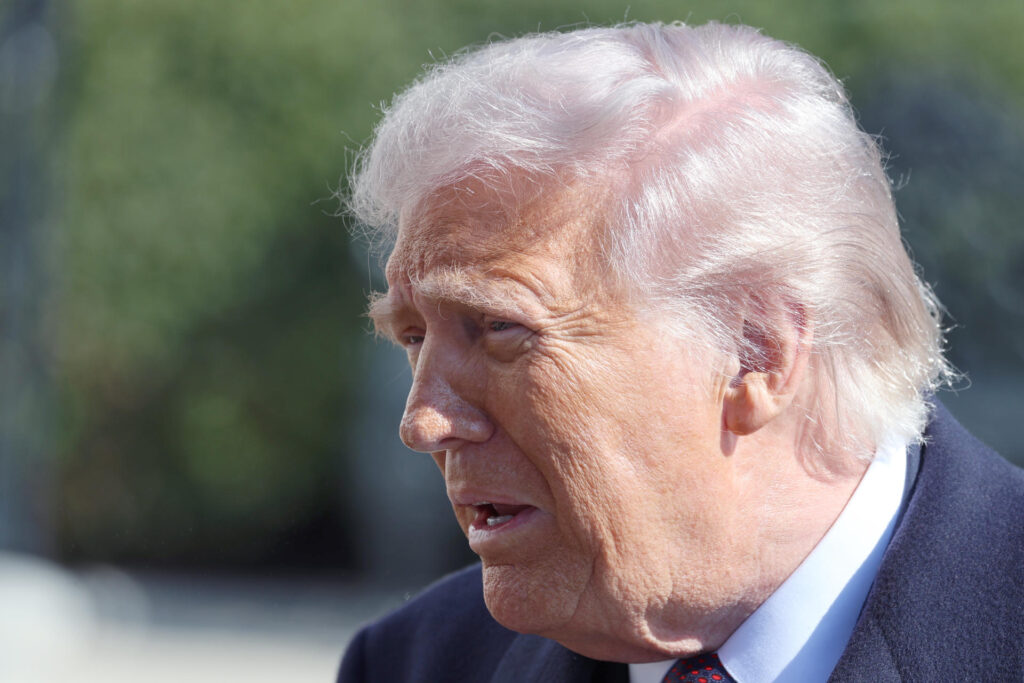
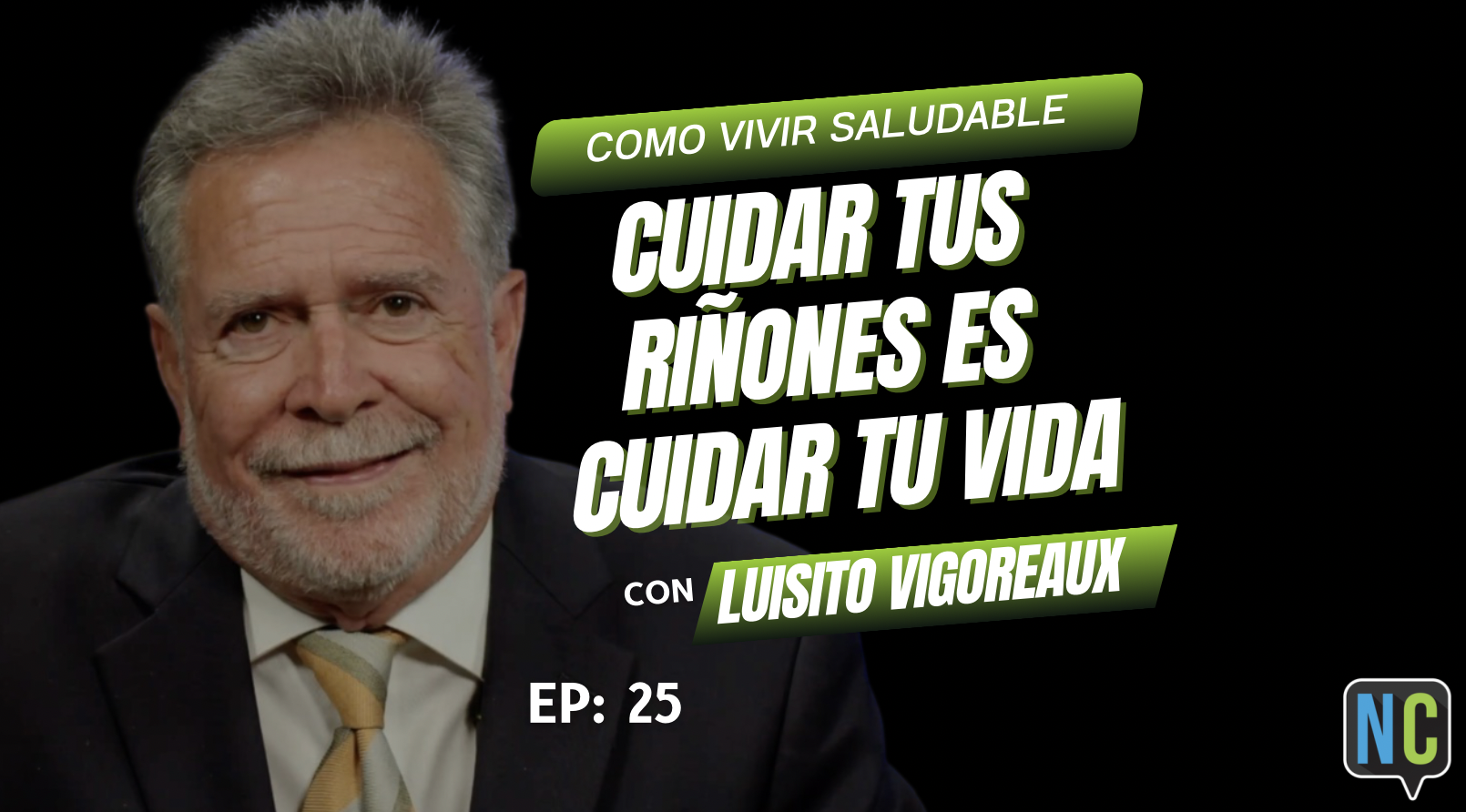
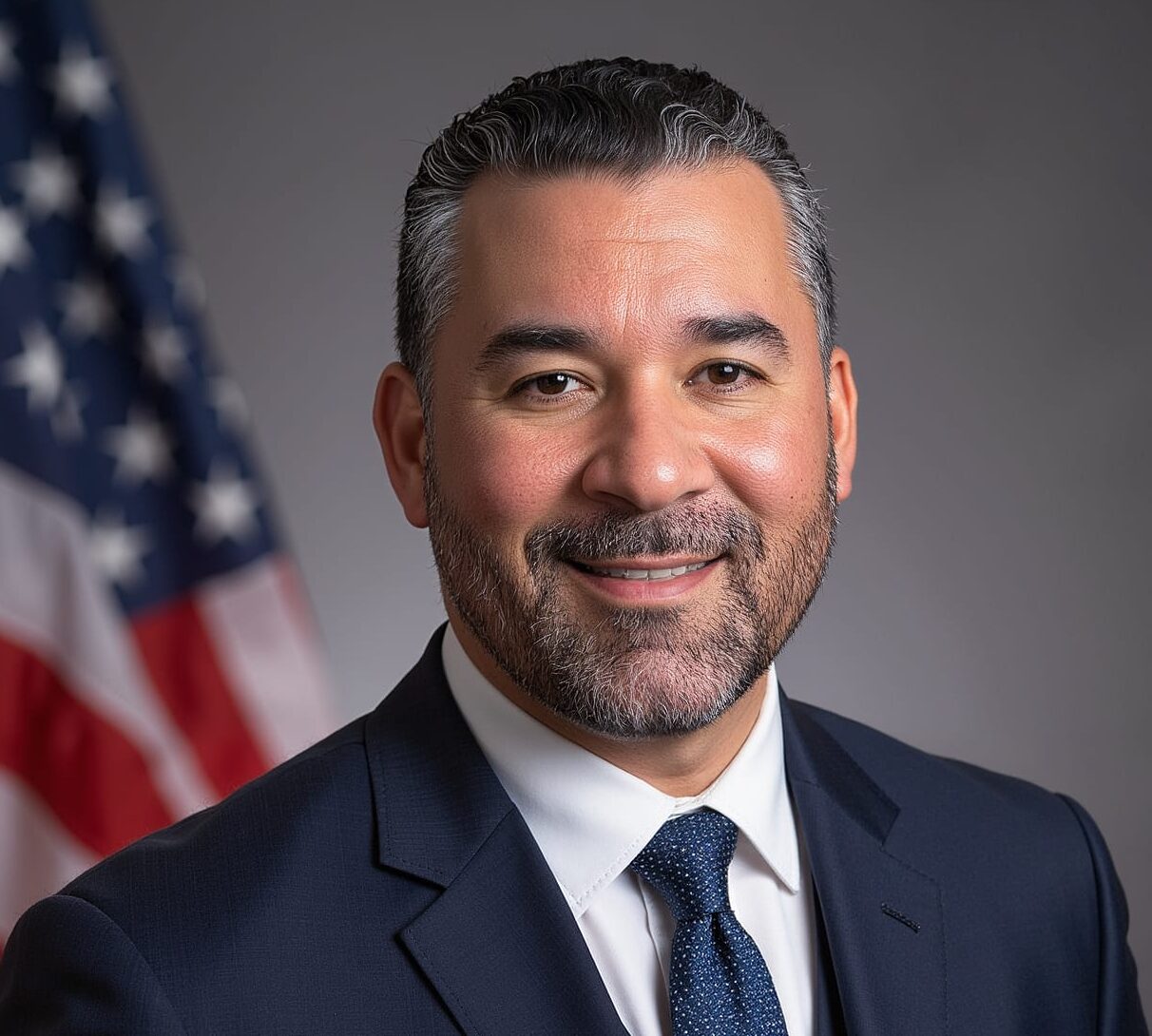



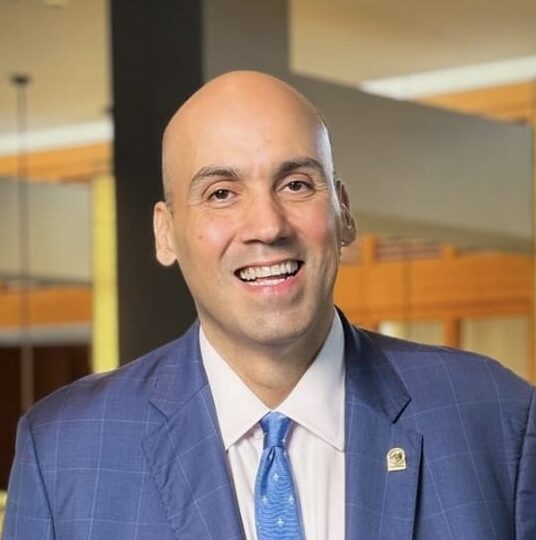
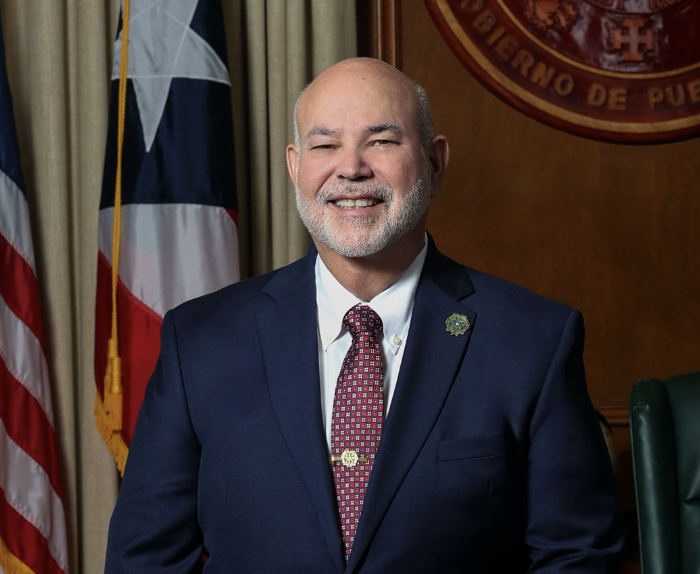
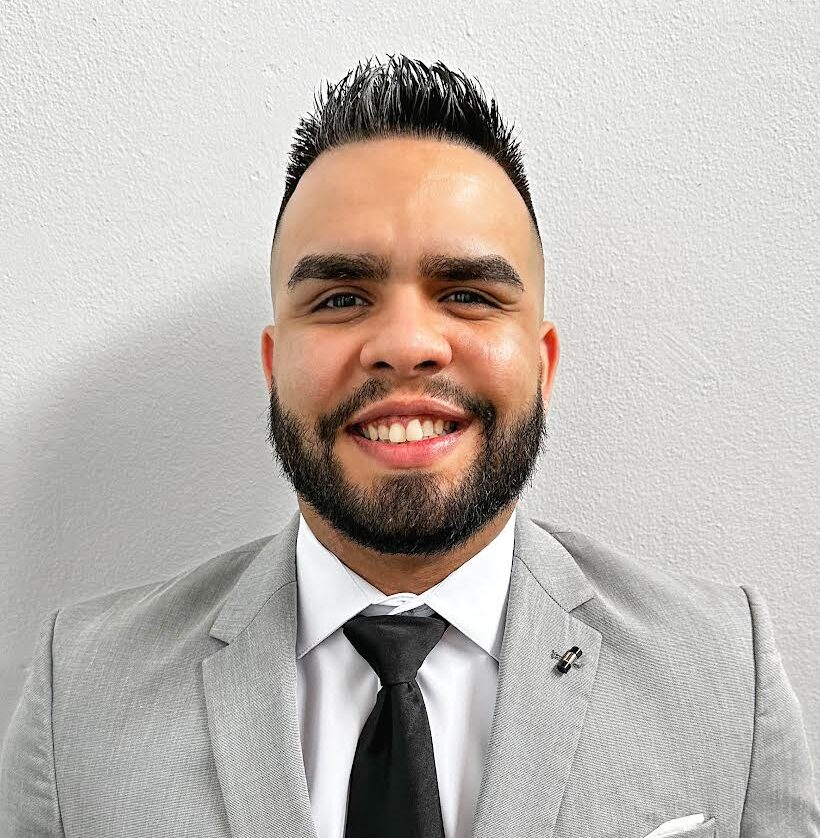
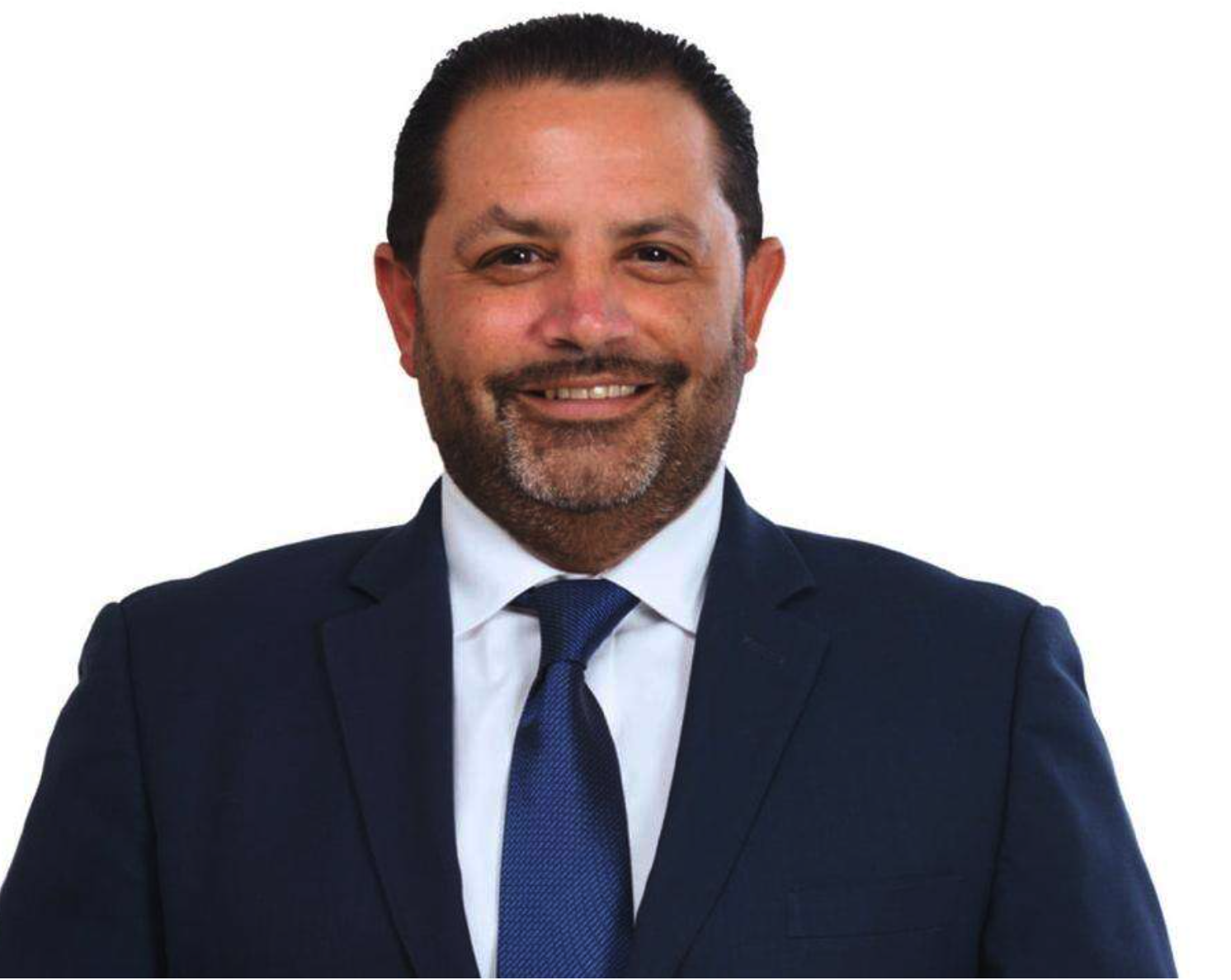

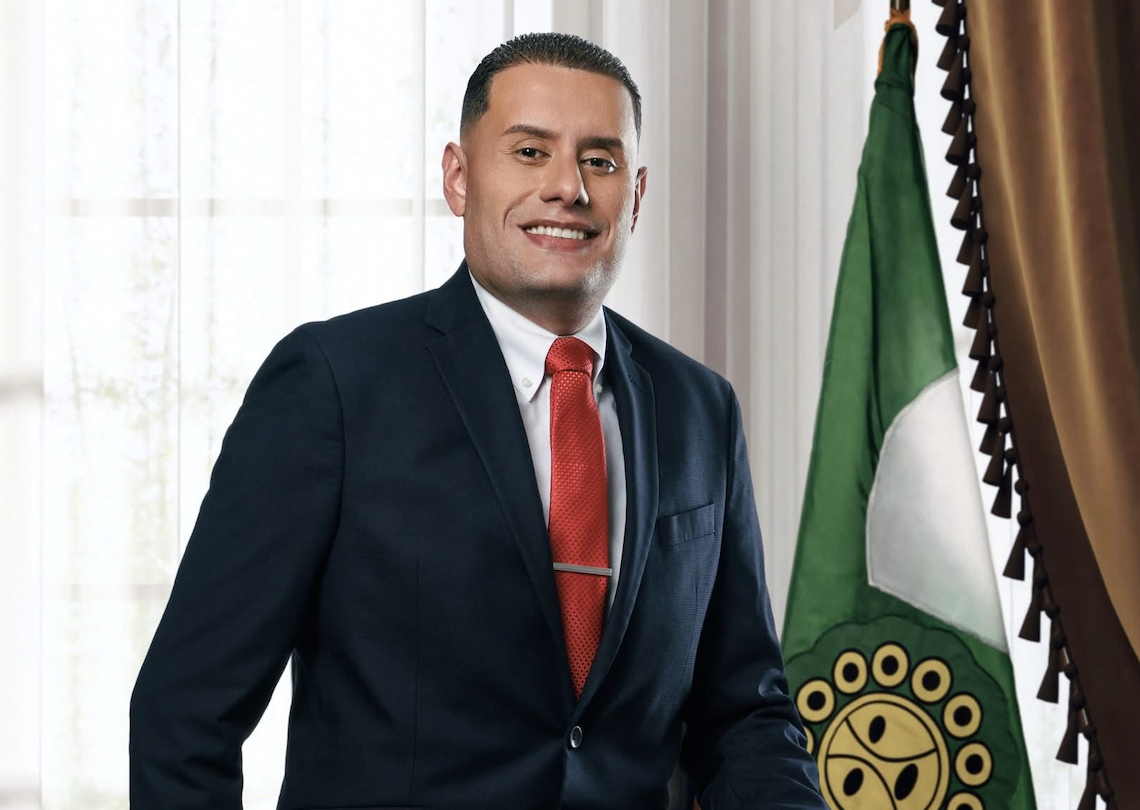
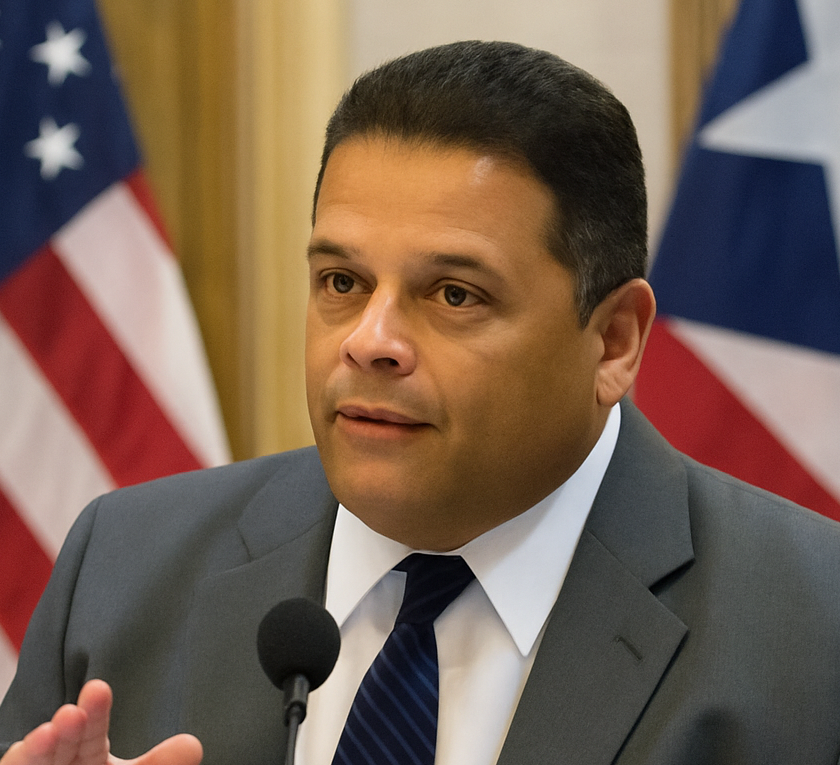



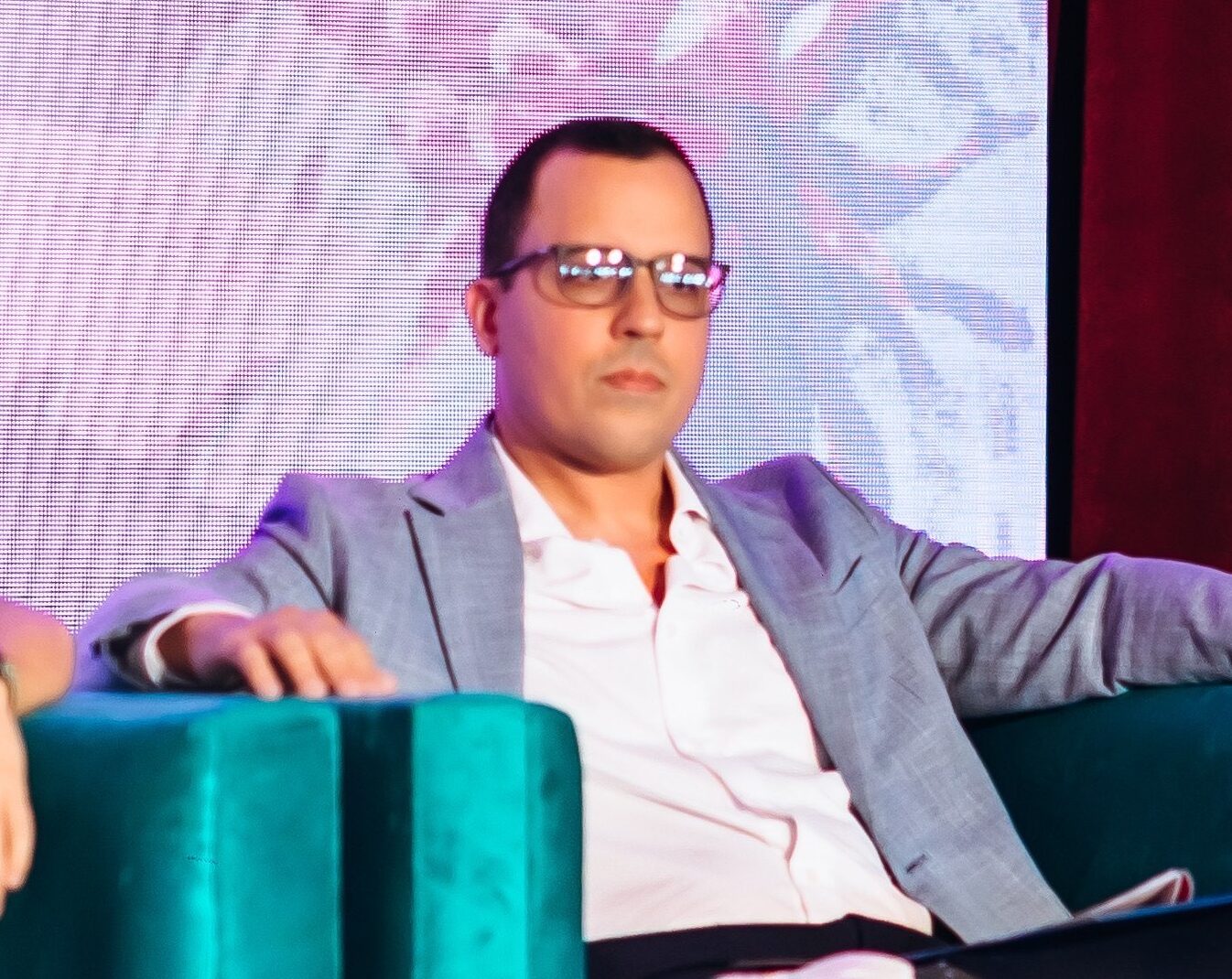

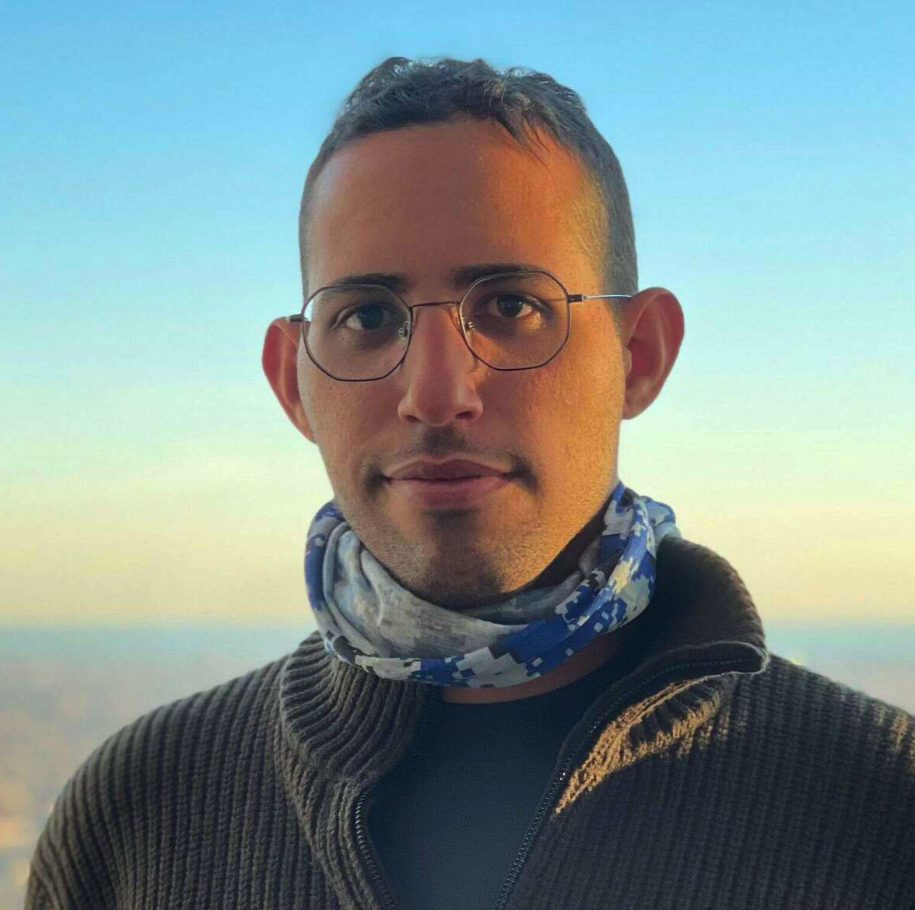



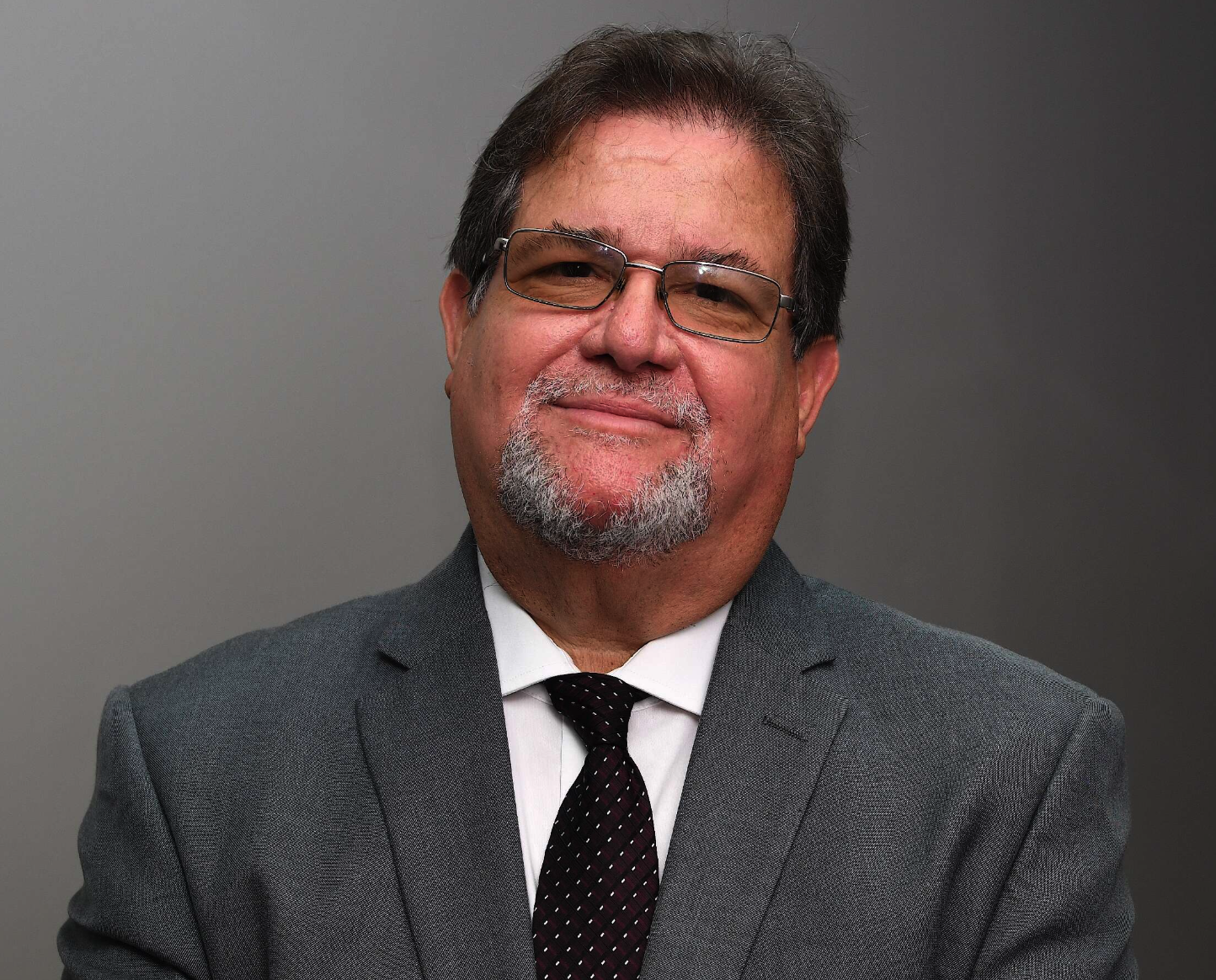
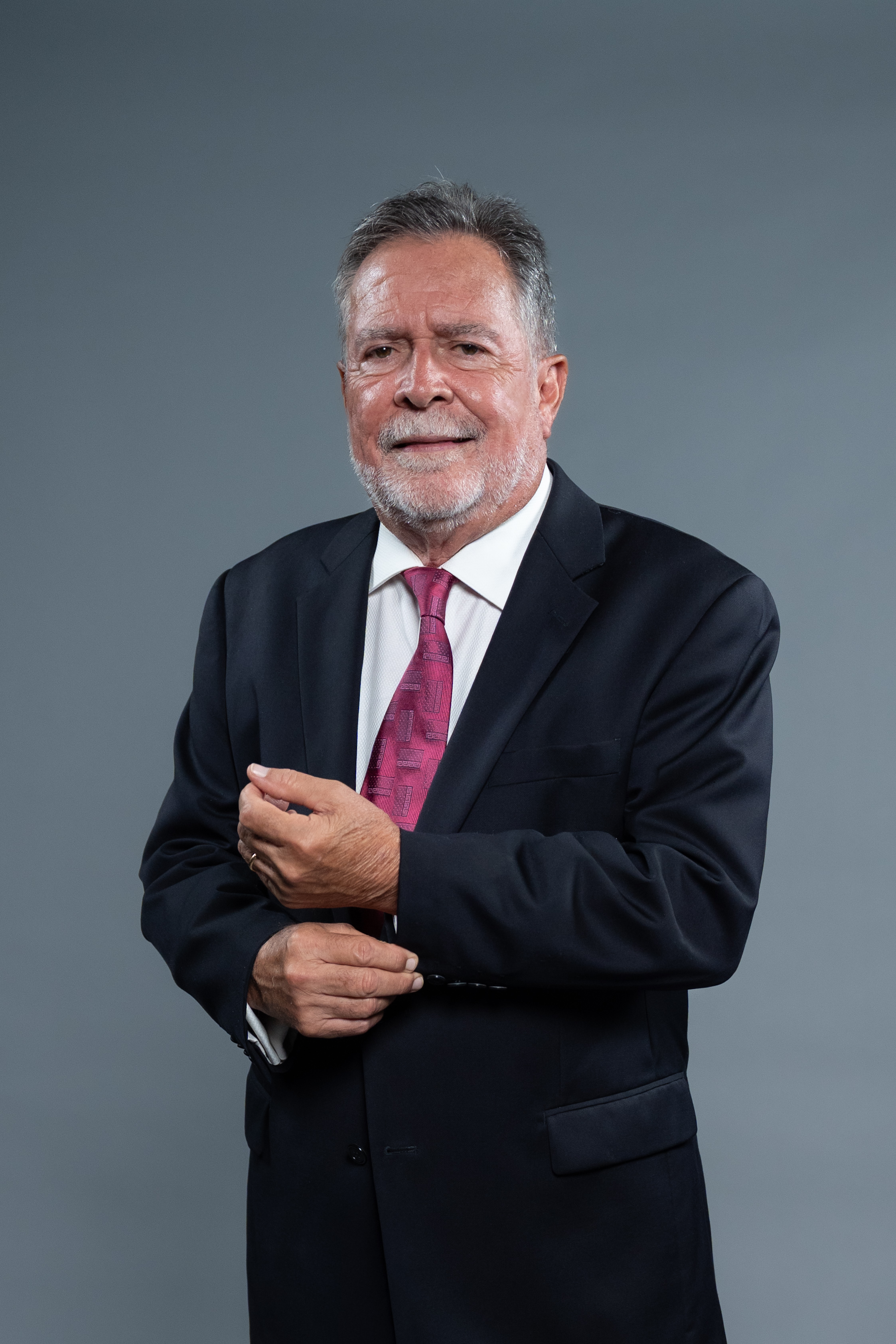
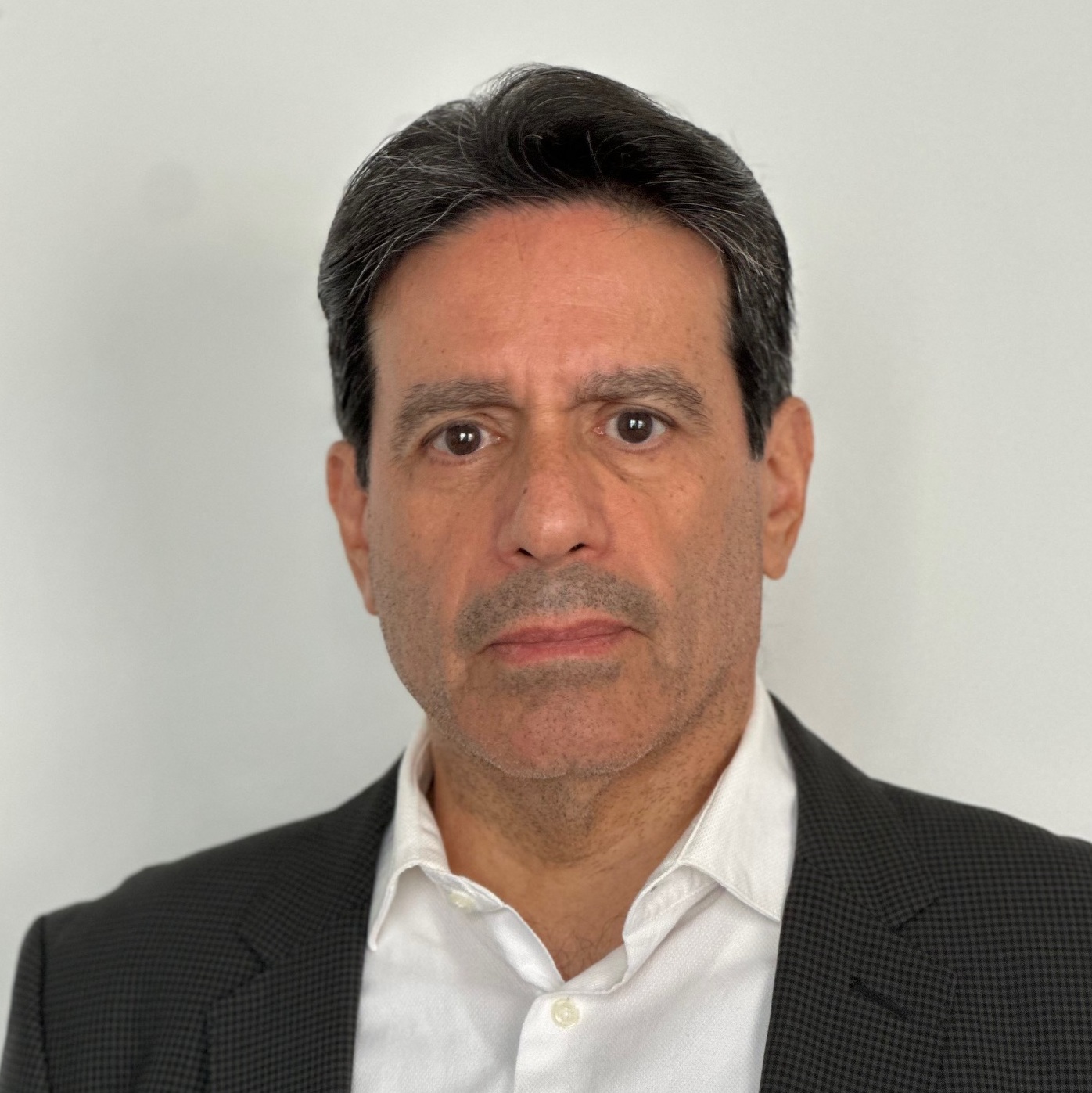
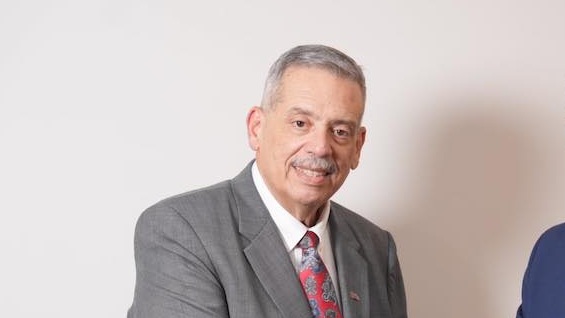
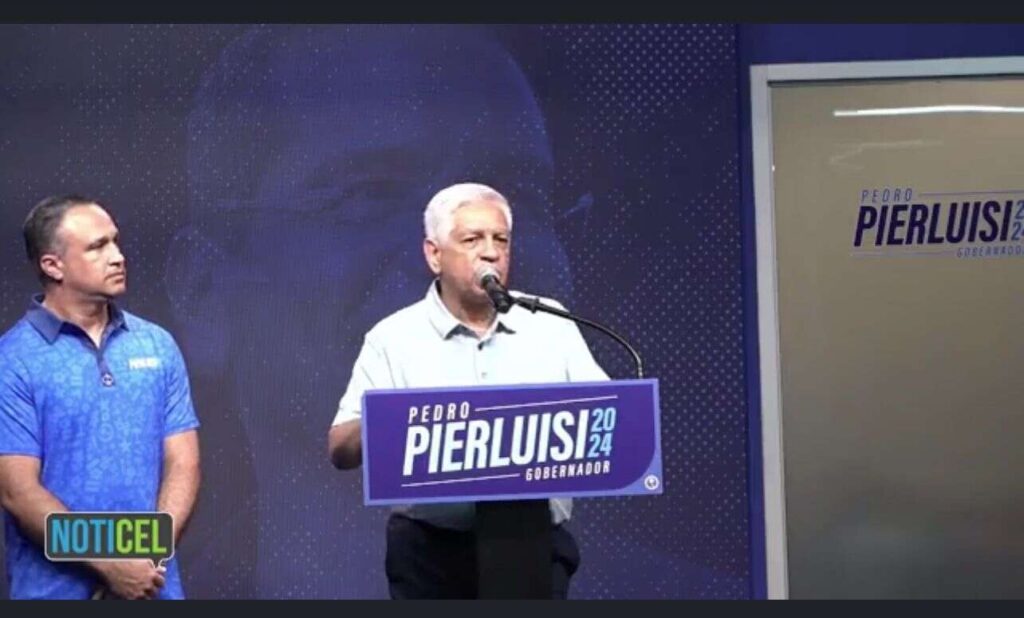
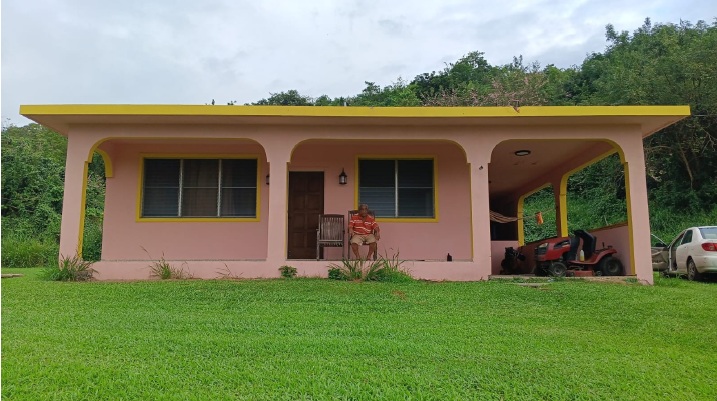
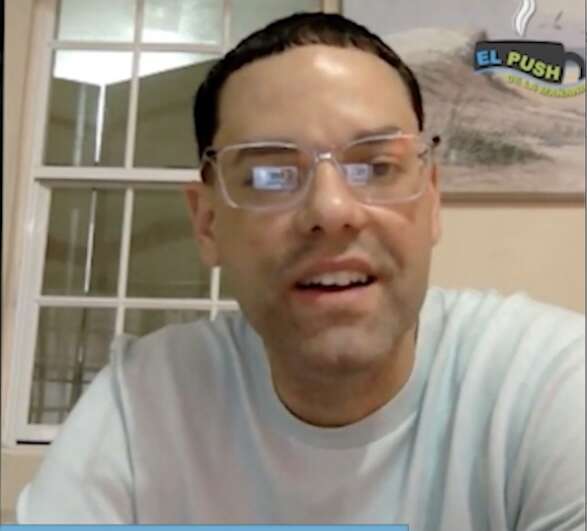
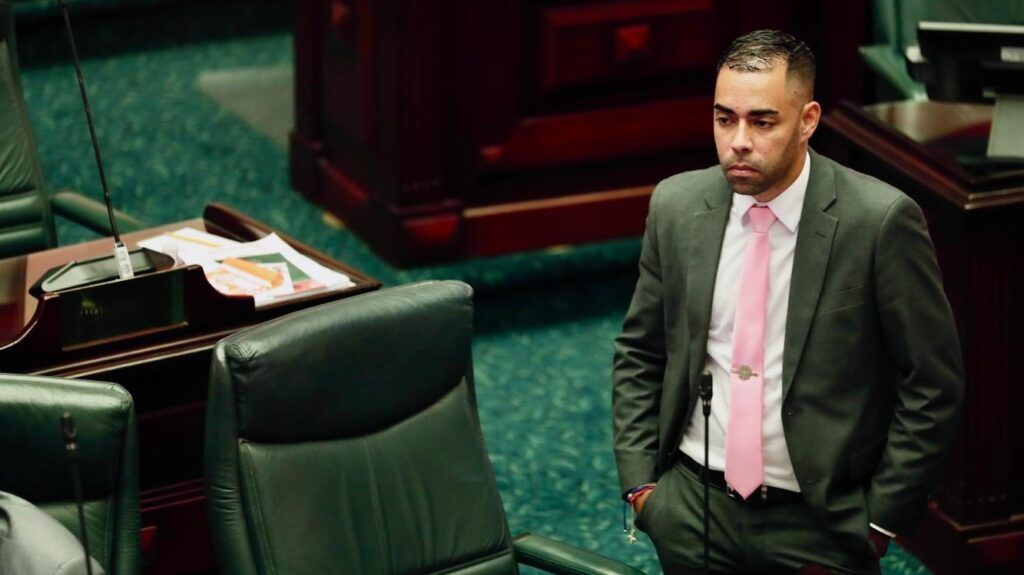


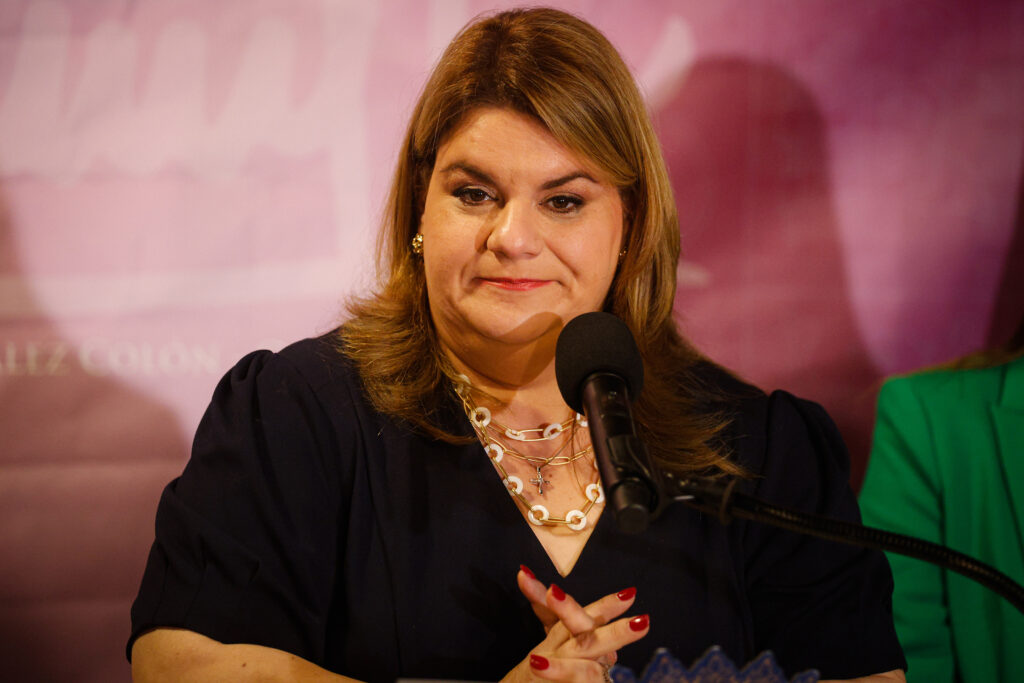
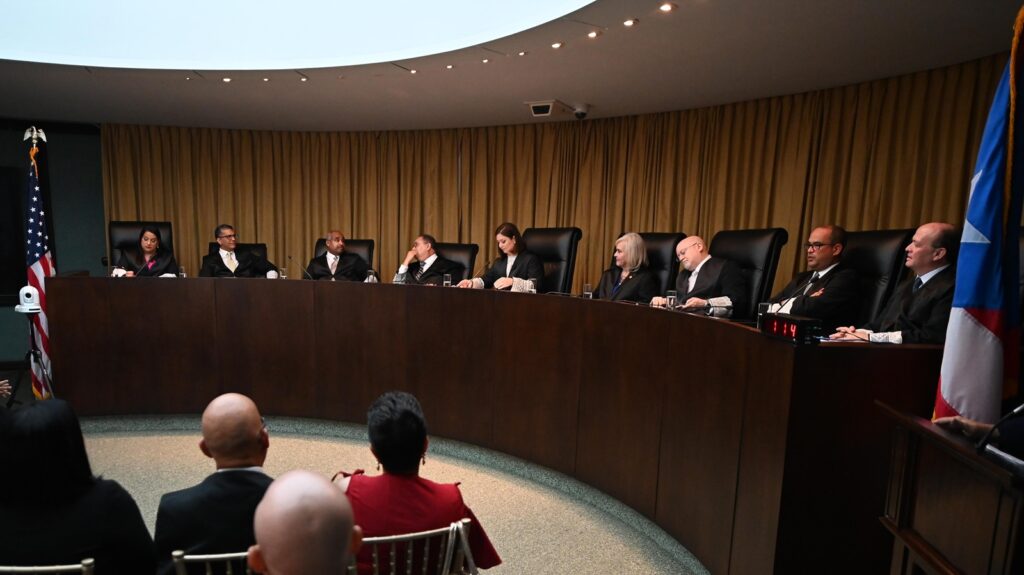

Comentarios {{ comments_count }}
Añadir comentario{{ child.content }}